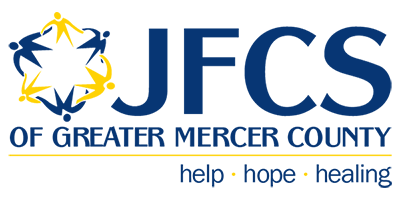 There are many reasons why someone may go to therapy, but a few of the reasons are:
There are many reasons why someone may go to therapy, but a few of the reasons are:
- You’re having difficulty managing your emotions. While everyone feels upset, sad, or angry at some time in their life, it’s important to pay attention to how often or how intensely you feel these emotions. For example, if you feel continually sad, hopeless, or disengaged in your daily life for at least two weeks or longer, it may be a sign of clinical depression which is different from an occasional depressed mood.
- You notice a decrease in your level of effectiveness in your role at work, home, or school.
- You are experiencing noticeable changes in your sleeping pattern – sleeping too much or too little or changes in appetite – either overeating or not eating enough.
- You are having difficulty in your interpersonal relationships.
- You’ve experienced trauma, whether it’s sexual abuse, domestic violence or another trauma that you haven’t recovered from.
- You no longer find pleasure in activities you once enjoyed. When you struggle with a psychological issue, feelings of disconnectedness can cause a person to have a loss of interest in hobbies, socializing and other activities.
- You are experiencing grief. Grief can be a response to many losses, not just the death of someone we care about. We can grieve the loss of a relationship, the loss of a job – and sometimes we need help to process these painful feelings.
- You use an unhealthy substance or activity to cope with stress. At times when we are feeling overwhelmed we look for relief by using something to numb our emotions – and that can be alcohol, drugs, or sex.
How can therapy be beneficial?
Therapy is more than just talking things over with someone and getting things off your chest. While talking to a friend or loved one can be helpful, sometimes more than just a sympathetic ear is needed. Some ways that therapy can be beneficial are:
- Therapy can help a person learn to identify and change behaviors or thoughts that are adversely affecting their life.
- Therapy can assist with developing more healthy, effective ways to cope with and solve various stressors and problems. And therapy can assist you in having more meaningful relationships.
- If someone has a diagnosable mental health disorder such as depression or an anxiety disorder, therapy can also help the individual to understand the illness, eliminate or decrease the symptoms, and improve their daily life interactions.
According to Dr. Ramani Durvasula, a clinical psychologist, therapy “is an honest, objective and confidential space that allows a person to explore uncomfortable feelings, understand its root causes, place it in a context and learn coping skills to overcome those feelings.” Additionally, “it’s a trusting space where you can be vulnerable and explore deeper issues that require the assistance of a trained professional, such as trauma or high-risk behaviors”.
If you or someone you know may benefit from therapy, JFCS is here for you. Call 609-987-8100 to schedule an appointment with one of our licensed therapists.
Teri Cheresnick, LCSW, LCADC


